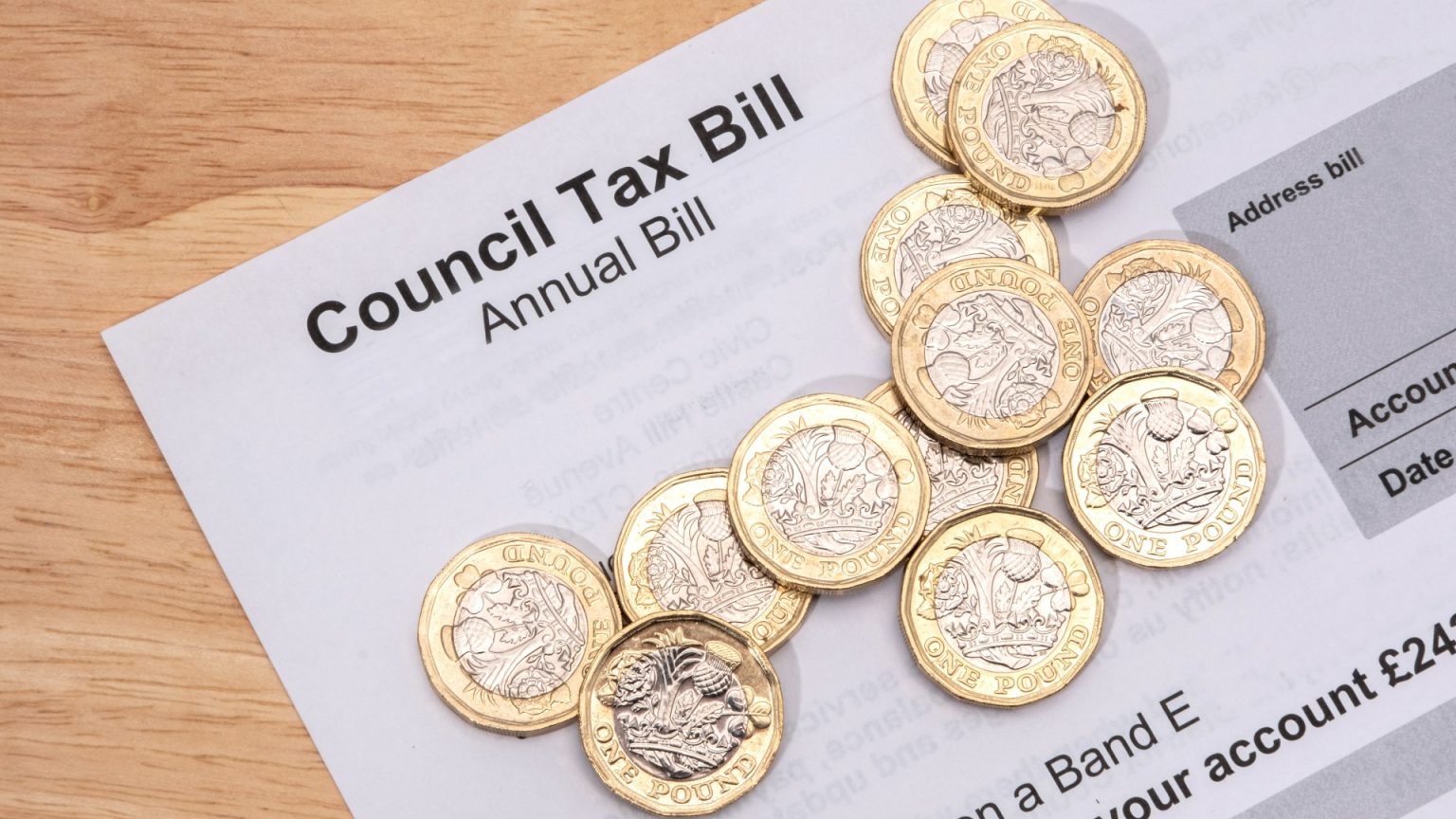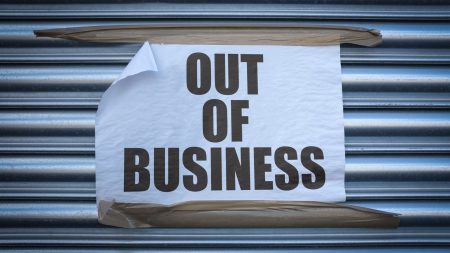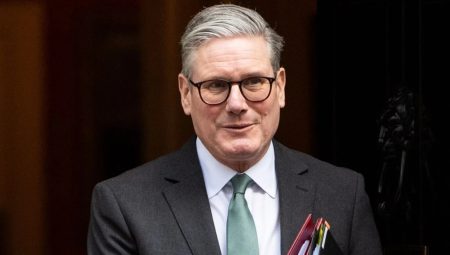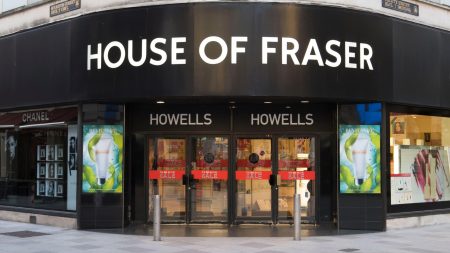The impending rise in council tax bills across the UK is causing significant concern for millions of households already grappling with the cost-of-living crisis. Several councils are seeking permission from the government to implement increases far exceeding the standard 5% cap, with some proposing hikes as high as 25%, translating to hundreds of pounds extra annually for residents. These requests, while subject to government approval, are driven by the dire financial straits many local authorities find themselves in, struggling to balance budgets against a backdrop of escalating costs and reduced funding. Experts warn that these substantial increases could push vulnerable households further into financial hardship, undermining their efforts to recover from the ongoing economic pressures.
The Royal Borough of Windsor and Maidenhead presents a stark example, applying for a 25% increase, a move that would add over £300 to a Band D property’s annual bill. The council claims this drastic measure is necessary to avoid effective bankruptcy. Hampshire County Council is seeking a 15% rise, while Bradford Council, having narrowly avoided bankruptcy last year, is also requesting a 15% increase to address its ongoing financial challenges. These significant increases reflect the widespread budgetary pressures facing local authorities, forcing them to make difficult choices between service cuts and increased taxation.
Several other councils, including Newham, Nottingham, Cheshire East, Birmingham, and Carmarthenshire, are proposing increases around 10%. These proposed hikes would add substantial amounts to residents’ annual bills, further compounding the financial strain on households. While Nottingham Council has indicated a minimum increase of 4.99%, it is also exploring the possibility of a 9.99% rise to bridge its funding gap. This wave of proposed increases underscores the widespread nature of the financial difficulties confronting local authorities across the country.
The substantial increases being proposed stem from a confluence of factors. Councils are grappling with rising operational costs, increasing wage bills, a growing demand for social care services, and years of budget cuts. This perfect storm of financial pressures has left many local authorities with limited options: operate more efficiently, cut back services, or increase council tax. Most are pursuing a combination of all three, but even with these measures, significant tax increases are being deemed necessary to avoid financial collapse.
The government sets an annual cap on council tax increases, typically around 5%, but allows councils facing exceptional financial hardship to apply for permission to exceed this limit. This “Exceptional Financial Support” is granted on a case-by-case basis and is designed to help councils avoid bankruptcy. However, the increasing number of councils seeking such support highlights the depth of the financial crisis facing local authorities. The combination of rising costs and reduced funding has created a situation where significant tax increases are often seen as the only viable option to maintain essential services.
Residents facing these potential increases are urged to check their council’s website for details on proposed changes and to understand how their council tax band affects their bill. Those struggling to pay their council tax are encouraged to contact their local authority as early as possible to discuss potential support options, including payment plans, reductions, or even full exemptions based on individual circumstances. Several forms of council tax support are available, including discounts for single occupants, pensioners, and low-income households. It is crucial for residents to explore these options to mitigate the impact of rising council tax bills on their household budgets.











